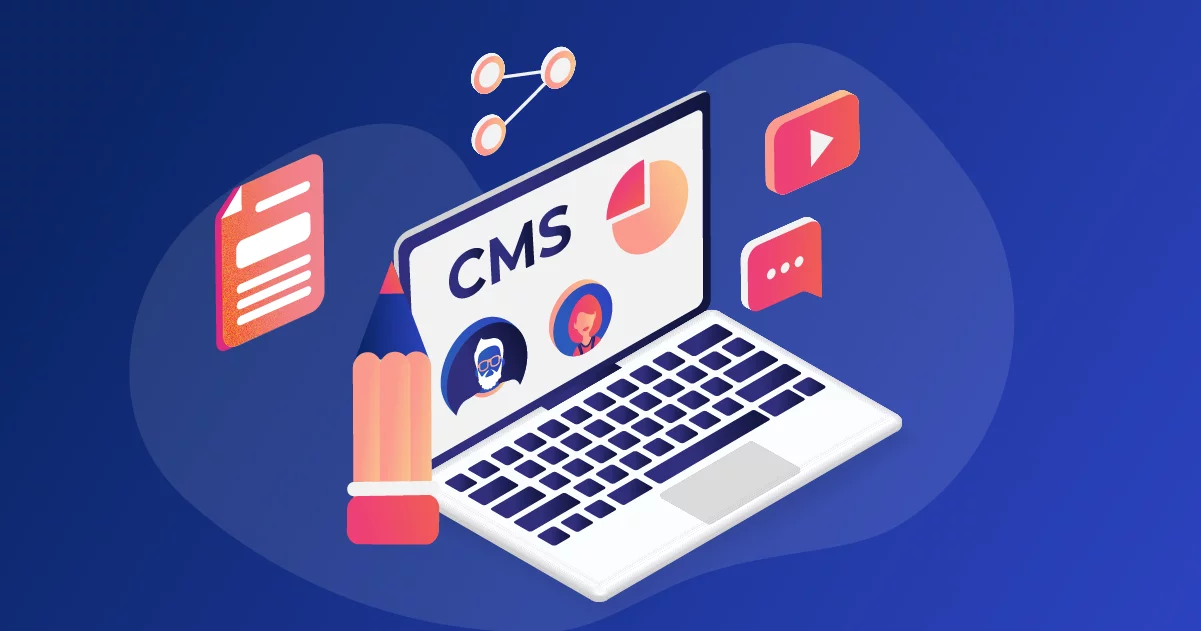Choosing a content management system (CMS) is akin to laying the foundation of a building. The choice you make will influence your website’s agility, scalability, and overall user experience. With several CMS platforms in the market, how can you make an informed decision? Let’s delve into some of the industry’s heavyweights and understand their pros and cons.
1. WordPress
Good for: Small to Medium-sized Businesses
Pros:
- User-friendly:With its intuitive interface, even novices can get started quickly.
- Extensive Plugin Ecosystem: Provides unparalleled customization opportunities.
- Vibrant Community: Troubleshooting becomes easier with a large user base ready to help.
Cons:
- Vulnerability: Popular platforms attract more hackers. Regular updates are essential.
- Performance Issues: High-traffic sites can face slowdowns if not optimized correctly.
2. WordPress VIP
Good for: Medium to Large Enterprises
Pros:
- Enhanced Security: It’s a more secure version of WordPress, optimized for high traffic.
- Expert Support: You get dedicated help from WordPress experts.
- Scalability: Capable of handling massive traffic surges.
Cons:
- Pricey: More expensive than the basic WordPress.
- Limited Plugins: Not all plugins are approved, which can hinder customization.
3. Adobe Experience Manager (AEM)
Good for: Large Enterprises
Pros:
- Multichannel Content Management: Delivers content across different platforms seamlessly.
- Robust Workflows: Simplifies content approval processes.
- Personalization: Delivers personalized experiences to users based on their behavior
Cons:
- Complexity: Can be overwhelming for users unfamiliar with Adobe products.
- Cost: Being an enterprise solution, it’s on the pricier side.
4. Sitecore
Good for: Medium to Large Enterprises
Pros:
- Integrated Marketing Tools: Combines CMS with powerful digital marketing tools.
- Personalization: Offers real-time personalization.
- Scalable: Can adapt to growing traffic and demands.
Cons:
- Learning Curve: Requires training to fully leverage its capabilities.
- Price: It’s an investment, to say the least.
5. DotCMS
Good for: Small to Medium-sized Businesses.
Pros:
- Hybrid CMS: Can function as both a traditional and headless CMS.
- API-driven: Makes integrations with other systems easy.
- User-friendly: Boasts a friendly interface and drag-and-drop features.
Cons:
- Performance: Like any CMS, improper configurations can lead to performance issues.
- Customization: Advanced customizations might need developer expertise.
So, Which CMS Is Right for Your Business?
- Small Businesses: WordPress or DotCMS are viable choices for their ease-of-use and cost-effectiveness.
- Medium Businesses: WordPress VIP or Sitecore, based on the scale and security needs.
- Large Enterprises: Adobe Experience Manager or Sitecore, keeping in mind the extensive features and scalability they offer.
Why Choose fletcher+verdelli Marketing Agency
Regardless of your choice, our agency is equipped to bring your website vision to life. Being “brand agnostic” means we focus on what’s best for your brand, not ours. We pride ourselves on our adaptability, expertise, and the ability to create stellar websites on any platform. Choose a CMS that aligns with your needs, and let us do the heavy lifting!
Remember, the CMS you choose should resonate with your business goals, scale, and technological capability. Take your time, and when you’re ready, we’re here to help!
